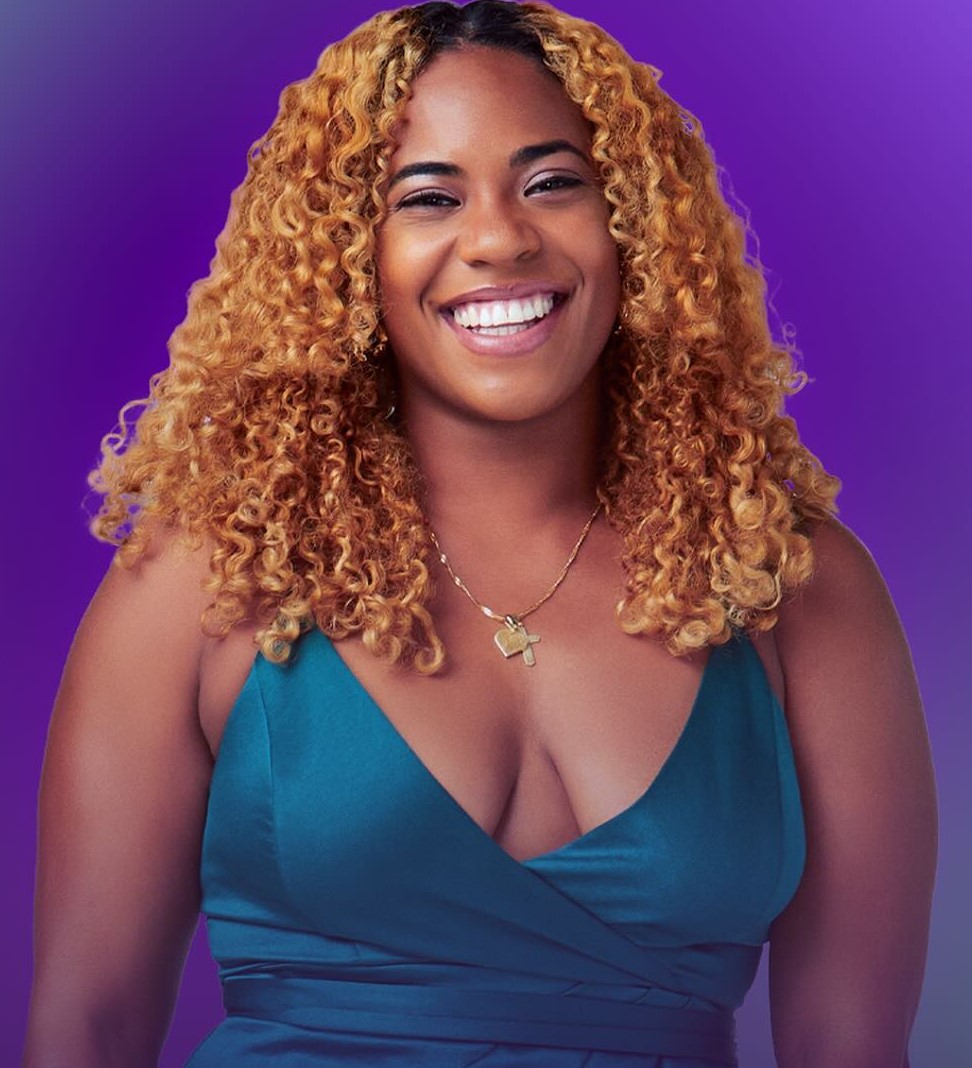Why only five countries have the power to vote in the UN Security Council? » Today Latest Stories

Why are vetoes given to other countries within the UN, and why has that power been retained for over 70 years? We explain.
What is veto power in the UNSC?
All member states of the UN are part of the General Assembly. This body can make decisions on appropriate matters. Only a minority (more than half of the members) is required to pass its resolutions.
However, the UN Security Council is an exclusive club, consisting of the United States, the United Kingdom, France, Russia and China. These are the ‘permanent five’ or P5 countries, so called because the UNSC also has 10 members who are elected for two years each based on UNGA elections. Also, the resolutions of the UNSC are legally binding, unlike those of the UNGA.

Each of the P5 members has veto power. It was agreed by the drafters of the UN Charter (which sets out its governing principles) that if any of the five permanent members cast a negative vote in the 15-member UNSC, the resolution will fail. A member can choose to abstain, allowing the resolution to be approved if it receives a minimum of nine votes.
Why do permanent members of the Security Council have voting power?
The UN says, “The framers of the United Nations Charter intended that five nations…
After World War II ended in 1945, the P5 was among the conquerors of Germany, Italy and Japan. Among them, the US, the UK and the USSR (then Russia will take its seat) were at the forefront of the war. When it came to establishing an international organization to promote world peace, they were eager to give themselves special rights.
Author and journalist David Bosco wrote in a 2014 article, ‘Assessing the UN Security Council: A Concert Perspective’, about how the process came to be.
“The powerful Allies, the United States, the Soviet Union, and the United Kingdom secured permanent seats for themselves. They also offered seats to France and China in the hope that these countries would take, or resume, a major role,” he wrote.
It is believed that the American President Franklin D Roosevelt was convinced that even A civil war is raging in Chinabetween the Communist Party and the Nationalist Party, Communism will be defeated and the country will be an ally against the USSR.
Four cops, an American intelligence team, and more
Several meetings and conferences were held on the way to the creation of the UN. The Dumbarton Oaks Conference was held in Washington DC in 1944. It was attended by representatives of China, Great Britain, the USSR and the US. Apart from China, the leaders of three other countries also met in Yalta, on the island of Crimea, to draw the shape of an organization similar to the UN.
In the 1994 article ‘FDR’s Five Policemen: The Making of the United Nations’, foreign policy expert Stephen Schlesinger described how FDR saw the UN as necessary in a war-torn country. The title of the article comes from the ‘Four Policemen’, a phrase that FDR often mentioned in the early 1940s, saying that these countries should participate in the maintenance of world peace, based on their strength.
Citing recently released US secret files, Schlesinger wrote that Pentagon officials spied on American allies before the 1945 San Francisco conference that saw the creation of the UN.
“By using its information, the United States was able to express its policy in lieu of a veto in advance and block the opposition,” Schlesinger said. He also said that Washington was conflicted about effectiveness, saying that there could be no viable UN unless the four or five most powerful countries received veto rights. Unless these countries saw some kind of power that they themselves had, they would not be willing to participate in such an organization.
The documents also show that “when creating the United Nations that we wanted, we were not acting based on the interests of others and the interests of the country,” he wrote.
Countries such as Chile, Costa Rica, Cuba, Italy, and Switzerland later complained about the exclusive power of veto.
“Turkish officials also expressed doubts about the voting process. They told the French ambassador in Ankara that the establishment ‘seems to be aimed at approving the activities of big powers against small ones – with a voting system in the Security Council to ensure their impunity.’ The Turks warned that ‘small countries will be reduced to satellites of the great’, Schlesinger wrote.
The US continued to oppose this, adding that other UN members “may not have sufficient resources or influence to impose UN mandates on major powers unless they agree with the major powers themselves,” he wrote. Through a combination of coercion, intelligence gathering and other administrative methods, “America used every weapon in its arsenal to achieve its goals,” Schlesinger wrote.
Why was voting power at the UN not changed?
Bosco adds in his article that “permanence and voting power make a big difference between the elected members, even (for example, Germany, India, and Japan) who have great power on their own.”
India, among other countries, often claims membership of the P5, argues that the current organization is limited in its representation. However, these efforts did not bring results mainly because they challenge the sovereignty of the countries that created and settled in a system that ultimately favors them.
Although the influence exerted by the UK and France has declined since the UN was founded, China, the US and Russia still have significant influence. These countries are also creating strong conflicts and adding new members can be seen as allies or potential threats.
But the change in the world could not be ignored as more and more countries were removed. In 1965, the number of non-permanent members of the UNSC was increased from six to 10.
In 2020 Foreign Policy An article criticizing the power of the veto, argued for another option – “The revised structure of the Security Council would see all 15 seats being created temporarily, for five years to continue, with a large, non-regional competition for each seat, clearly. , manages the restrictions lobbying spending and two-year bans within 30 years to reward excellence and prevent repression.”








